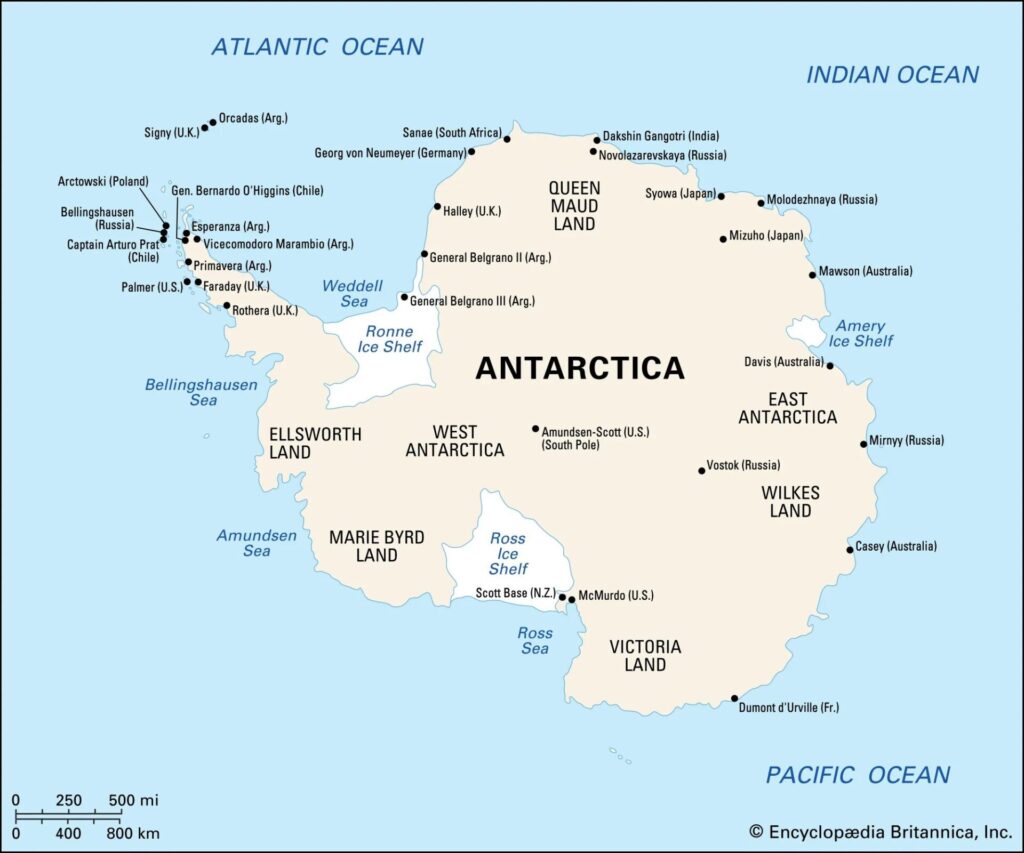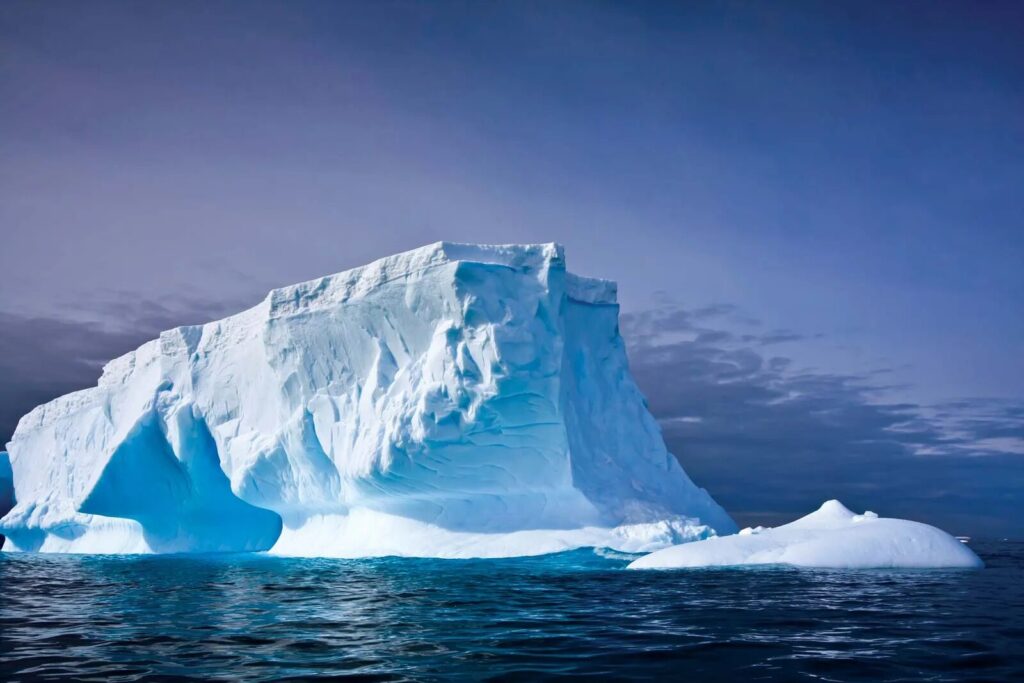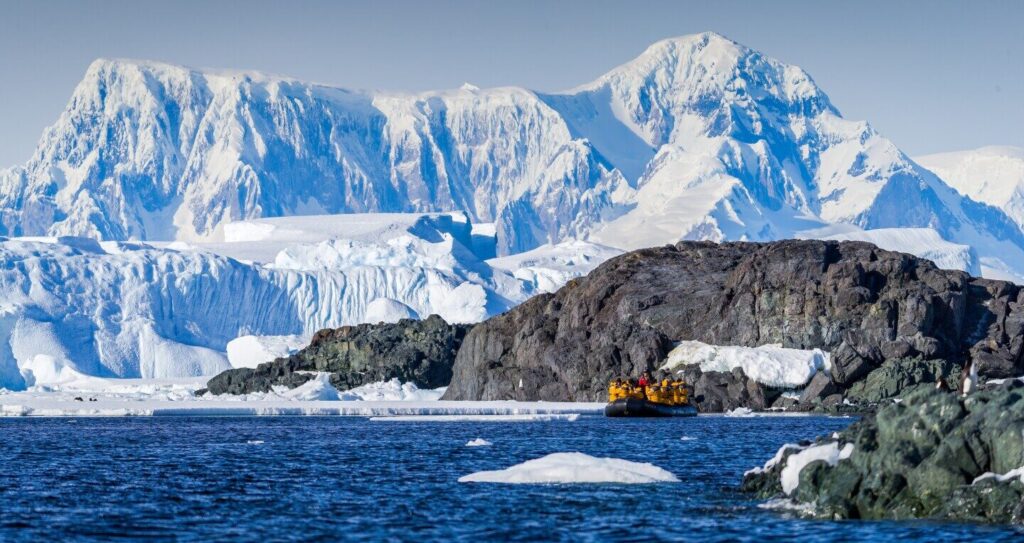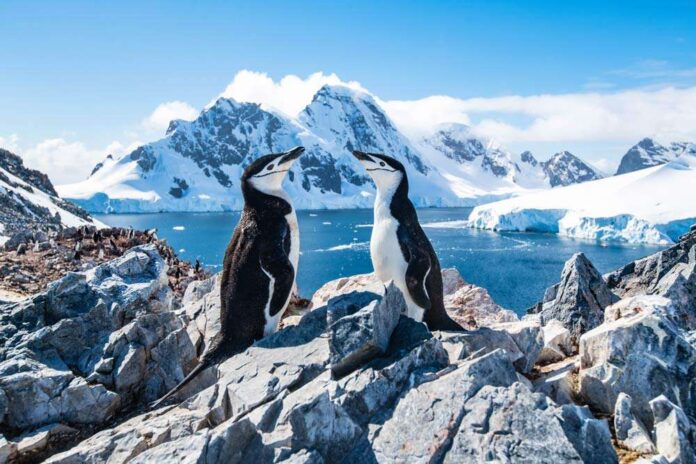Antarctica, the frozen continent at the bottom of the world, holds a mystique and allure for many adventurers and researchers. But is access to this remote and icy land restricted? Let’s explore the regulations surrounding travel to Antarctica.

Protected Environment
Antarctica is governed by the Antarctic Treaty System, a framework established in 1959 to preserve the continent for peaceful and scientific purposes. The treaty designates Antarctica as a natural reserve, prohibits military activities, and promotes international cooperation in scientific research.
Managed Access
While Antarctica is not off-limits to travelers, access to the continent is tightly regulated. Visitors must adhere to strict environmental guidelines to minimize their impact on the fragile ecosystem. Permits are required for travel to certain areas, and tour operators must comply with comprehensive environmental protocols.

Research and Exploration
Antarctica remains a hub for scientific research, with numerous research stations operated by countries around the world. Scientists studying climate change, geology, biology, and astronomy flock to the continent to conduct groundbreaking research in its pristine and extreme environment.
Tourism and Adventure
In recent years, tourism to Antarctica has grown in popularity, offering adventurous travelers the opportunity to experience its breathtaking landscapes and unique wildlife. However, tourism is carefully managed to ensure minimal disruption to the delicate Antarctic ecosystem.

Environmental Concerns
Despite efforts to protect Antarctica, concerns persist about the environmental impact of human activities in the region. Climate change, pollution, and the introduction of non-native species pose significant threats to the continent’s delicate ecosystems, highlighting the need for continued vigilance and conservation efforts.
Final Thoughts
While access to Antarctica is not forbidden, it is subject to strict regulations aimed at preserving its pristine environment and promoting scientific research. As interest in the continent grows, it is essential for travelers, researchers, and policymakers alike to prioritize conservation and sustainability to ensure that Antarctica remains a symbol of international cooperation and environmental stewardship.

